Meet the candidates battling Okonjo-Iweala for the position of Director General of the World Trade Organisation
)
The World Trade Organisation (WTO) has commenced the process of selecting a new Director General (DG) to replace Roberto Azevedo of Brazil.
Azevedo is stepping down, come the end of August--a year before his tenure elapses.
The new WTO chief will be tasked with managing the trade war between China and the United States, initiate reforms in the face of rising protectionism and steer the world to new trade pastures in the face of the novel coronavirus (COVID-19) pandemic.
How does the process of electing a new WTO chief work?
It normally takes nine months to choose a head for the Geneva-based WTO, but due to the uncertain and precarious times the world is in at the moment and Azevedo’s resignation, the process has been shortened to three months.
Governments have until July 8 to nominate their candidates. These candidates will then present themselves to the WTO’s 164 members the week after.
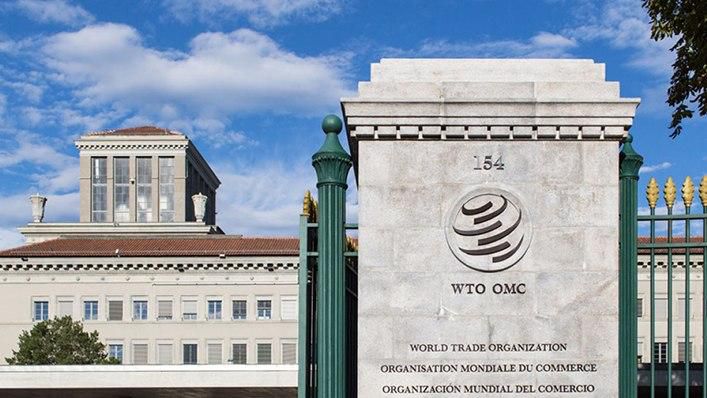
These presentations will likely be done virtually this time because of the COVID-19 pandemic.
The WTO usually chooses a new chief by consensus. Voting is often a last resort. This year could be different, however.
A handful of candidates have shown interest in the position of Director General from the developing and developed world.
There is an unwritten agreement in the WTO that the position should alternate between developed and developing economies.
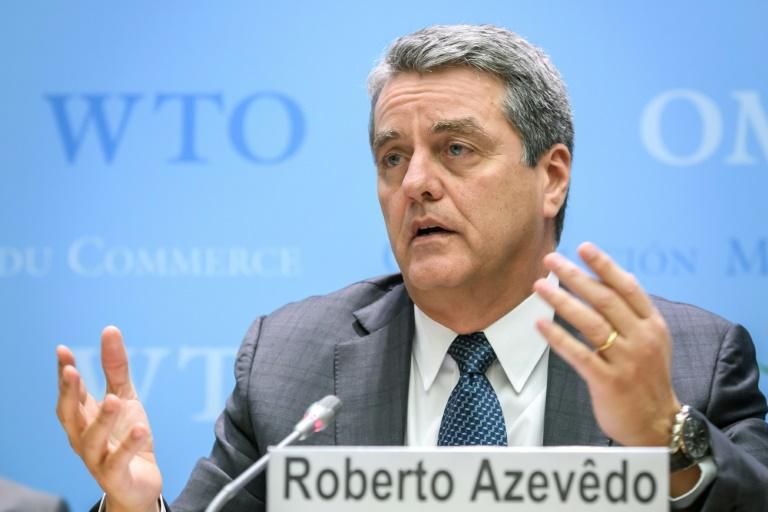
The last chief, a Brazilian, was from the developing end of the spectrum. Which means the next head of the organisation should hail from a developed economy.
However, that has not stopped developing countries from nominating candidates for the role. For one, President Buhari has nominated former minister Ngozi Okonjo-Iweala for the big job.
Here’s the list of candidates vying for the position:
1..Arancha Gonzalez Laya (Spain)
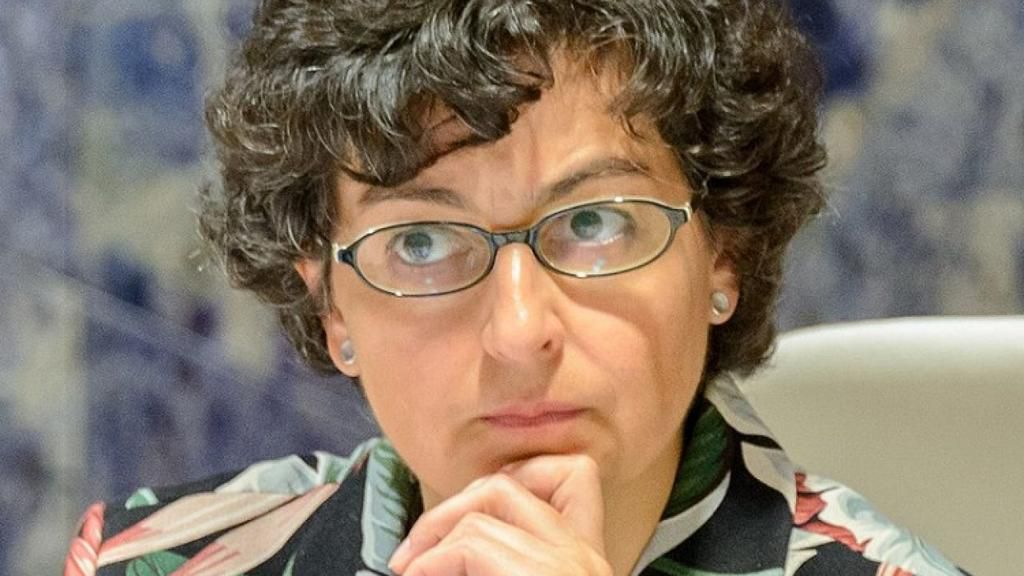
Laya is currently the Foreign Affairs Minister of Spain.
She is a lawyer by training.
She was Chief of Staff to Pascal Lamy who was WTO DG between 2005 and 2013.
2..Amina Mohamed (Kenya)
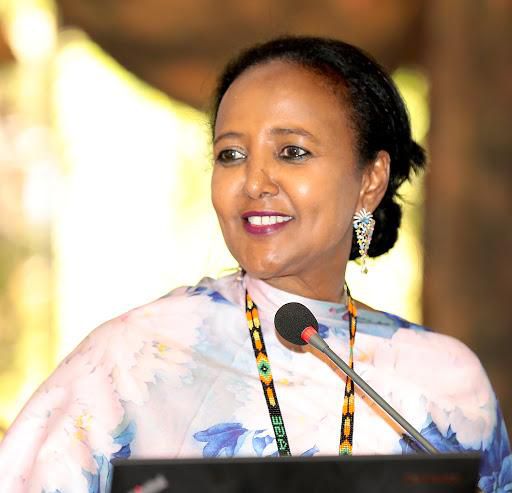
Mohamed is Kenya’s Sports and Culture Minister.
The 58-year-old is a former Kenyan ambassador to the WTO.
She became the first woman to chair the WTO’s General Council in 2005.
She ran for the DG post without success in 2013.
Mohamed speaks four languages, and possesses a degree in law.
According to Reuters, she describes herself as an “excellent strategist and visionary” and has advocated broad participation in the WTO reform process.
3..Ngozi Okonjo-Iweala (Nigeria)
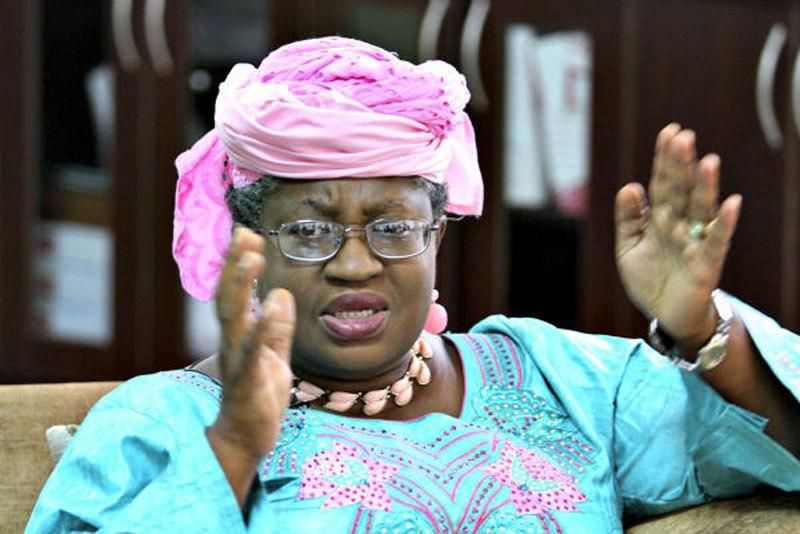
Okonjo-Iweala is currently the Chairman of the Board of Gavi--a global vaccine alliance firm. She also sits on board of social media company, Twitter.
Okonjo-Iweala, 65, served as Nigeria’s Finance Minister under two democratically elected presidents.
She is an economist and development specialist who has also served as Managing Director of the World Bank.
She is a Harvard University and MIT alumnus.
4..Phil Hogan (Ireland)
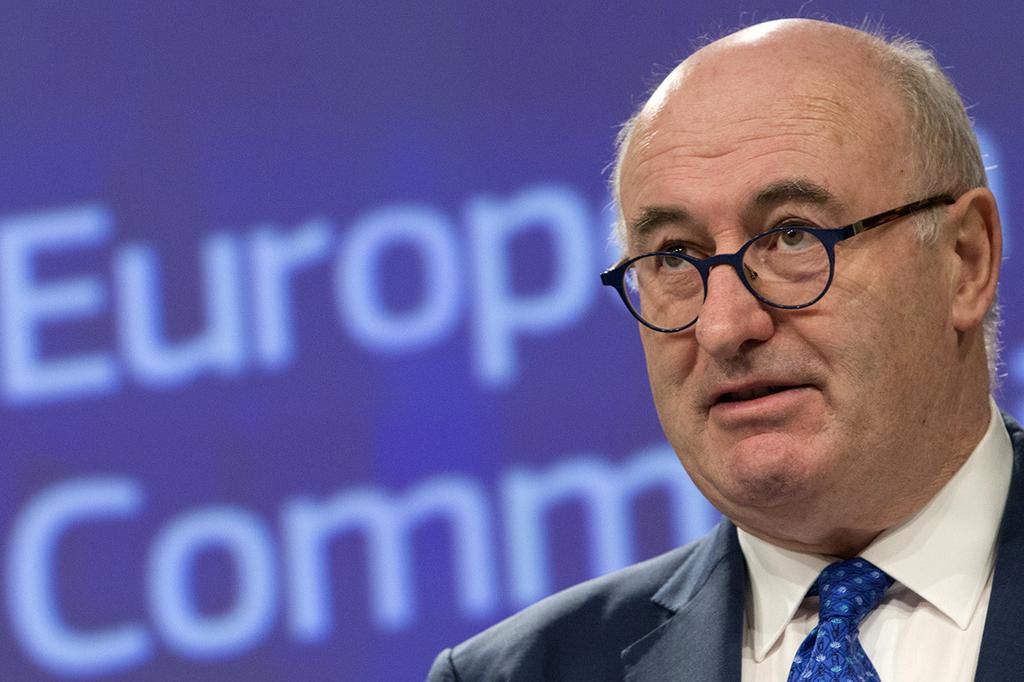
He is a European trade commissioner.
He belongs to the centre-right Fine Gael party and has served as minister in two Irish governments.
5..Eloi Laourou (Benin)
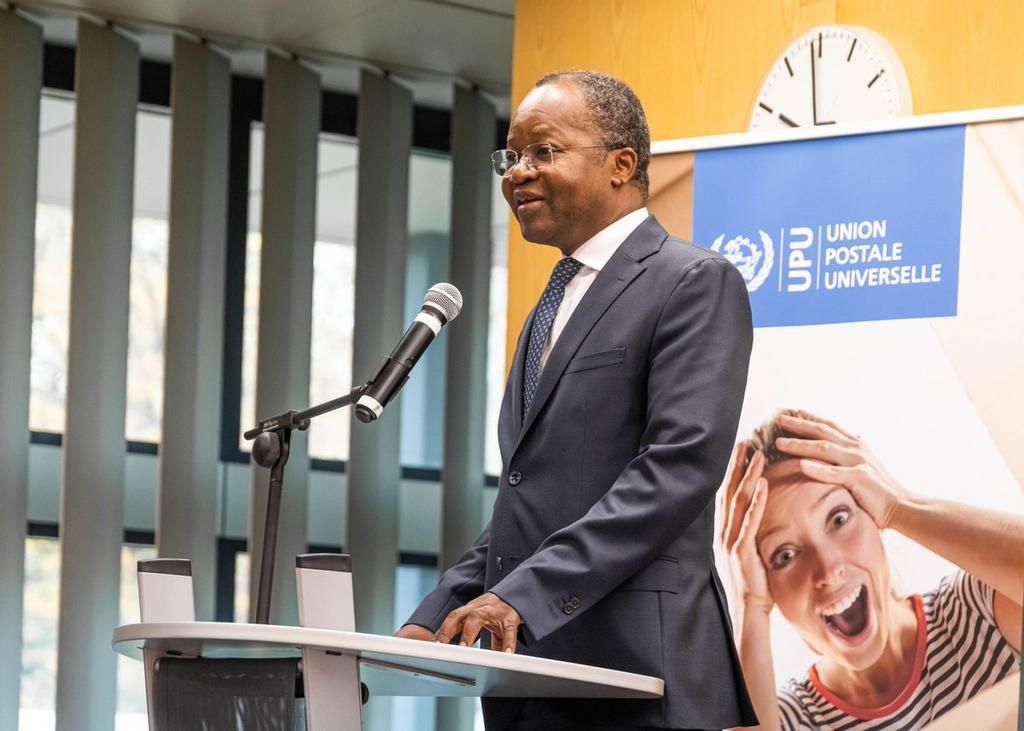
He is his nation’s ambassador to the United Nations and WTO.
Laourou has been a diplomat for 30 years and regularly champions the rights of poorer countries.
He holds a PhD in international law and international relations and co-chairs a working group of French-speaking countries on trade and development.
6..Peter Mandelson (United Kingdom)
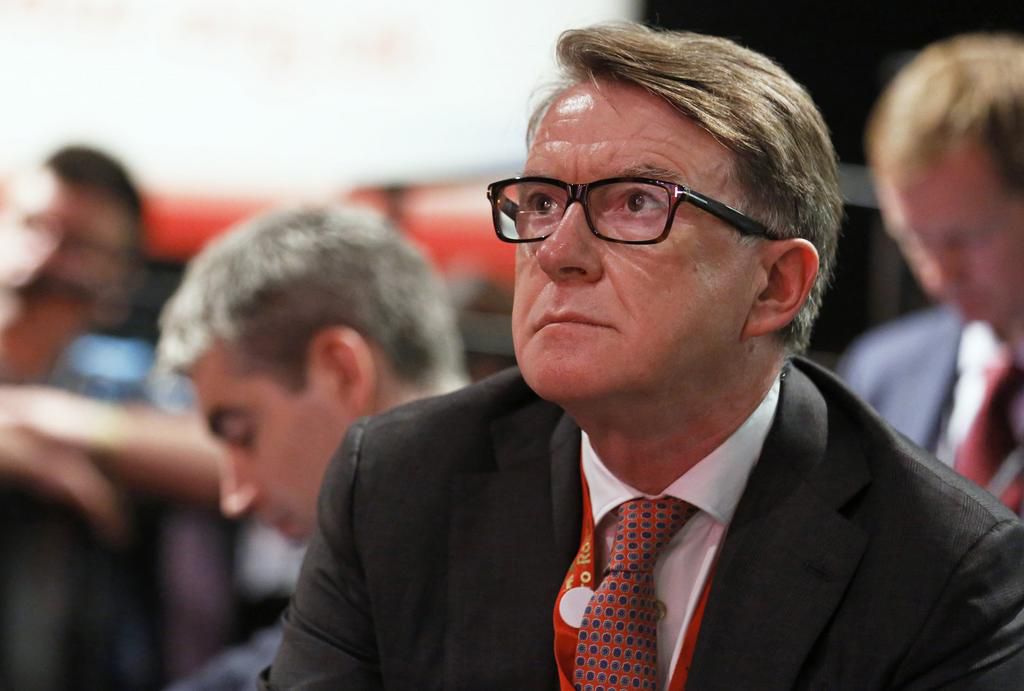
He is the Chairman of Global Counsel, a strategic advisory firm.
His previous posts include European Trade Commissioner and minister under the Labour governments of Tony Blair and Gordon Brown.
7..Hamid Mamdouh (Egypt)
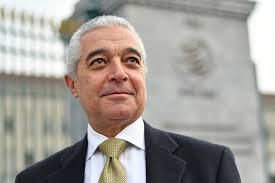
He is currently a Geneva-based lawyer.
Mamdouh is an Egyptian attorney, former trade negotiator for Egypt and ex-WTO official.
Reuters writes that he helped draft an agreement on trade in the landmark Uruguay Round deal - an experience which he said gave him essential “bridge-building” skills.
67-year-old Mamdouh currently advises the G20 presidency and Saudi Arabia on trade and investment matters.
)
)
)
)
)
)
)
)
)
)
)
)
)